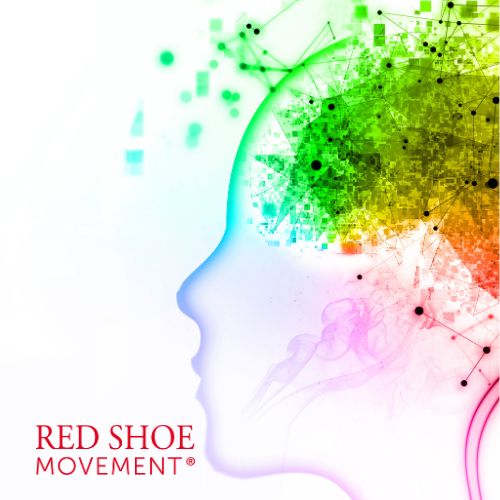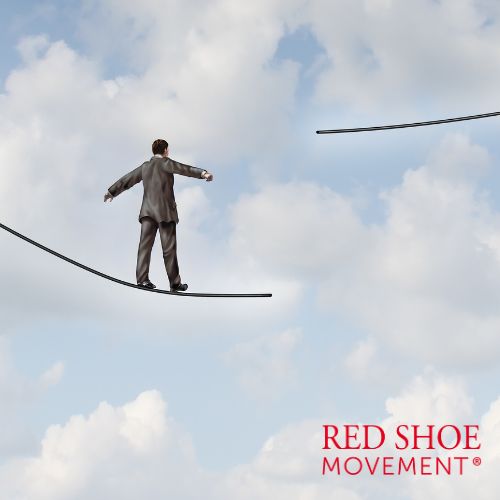What is ‘The Great Resignation’ about? You may have heard about it as one of the top stories in 2021, with millions of workers leaving their positions at a rate some people have described as one of the biggest worker reshuffles in modern history. But how is it empowering or changing the dynamics between workers and their employees? And is it really as ‘great’ as some people are suggesting it is?

What is ‘The Great Resignation’ really about?
The latest numbers released by the U.S. Bureau of Labor Statistics showed that 4.5 million people decided to leave their jobs in November of 2021 alone. This phenomenon was dubbed by economists as ‘The Great Resignation’, or ‘Great Reshuffle’, with shortages in labor shifting the power dynamics and changing the relationship between workers and the companies that employ them.
Reports state that the reasons for people quitting their jobs or leaving the work force completely are varied. But the top ones mentioned by experts still have to do with health concerns (especially as Omicron cases rise) and a lack of adequate childcare making it impossible to find a healthy balance. While there is an emphasis placed on how “even knowledge workers are quitting from burnout or a sympathy with the budding anti-work movement,” it’s safe to assume others have quit their jobs looking for better work opportunities, a higher pay, early retirement, or to make the leap to self-employment.
8 Lessons Working Women Learned from the Pandemic
A new report surveyed 20,000 workers in 10 countries. Among other things, the report by Bain/Dynata found that motivations shifted after the COVID-19 crisis helping many people reassess their priorities concerning life and work goals. The survey found that “while 56 percent of respondents named compensation in their top three priorities, only 22 percent of workers ranked good salary and benefits as the thing that matters most to them in a job.”

What Does This Mean for Employers and their Workers?
With so many people leaving, companies are struggling to fill some of the most important positions to function successfully, the so-called ‘Great Resignation’ has shifted the power dynamic between companies and workers. In this relationship, both have been forced to reevaluate aspects that may have been taken for granted before a worldwide pandemic. It has forced workers to reexamine their expectations about what a job should provide, including the ability to carve out some quality personal and family time.
For employers, this has meant having to think about the way people are managed and motivated, and whether work environments feel flexible and supportive of not just professional, but personal growth as well. For employees, especially those with in-demand skills or industries, the current climate creates a great and unique opportunity to go after “higher wages, better benefits, and improved working conditions.” This leverage is temporal though, and will last only until companies figure out what will attract and retain employees at this juncture. Making sure these improvements represent a long-lasting change “will require a mix of policy change and union growth.”
Nomadism and The Digital Nomad Lifestyle
Workers have found themselves in a great position to bargain with their companies. According to the US Department of Labor, hourly earnings increased 4.8 percent in November from the same period a year ago. This has created more confidence for workers to organize, unionize and protest work conditions, with high-profile unionization efforts by workers at Amazon, Wirecutter, Kellogg’s, and Starbucks.

Is ‘The Great Resignation’ As ‘Great’ As They Say?
Jay L. Zagorsky, Senior Lecturer at Boston University’s Questrom School of Business, claims that historical data and a deeper analysis show that ‘The Great Resignation’ might not be as “great” as some of 2021’s headlines suggested. According to Zargorsky, while nearly 33 million people leaving their positions since April 2021 is certainly a lot, “a closer look at the historical data we have can help put this into some perspective.”
The Great Resignation is also not taking place across all sectors. Several industries, such as lodging and food services, have lost many of their most precious workers to the shuffle. But sectors like real estate, information, finance, and insurance seem to be exempt and have kept their quit rates relatively low.
Lateral Thinking: Find More Innovative Solutions Faster
While there is data that suggests there have been other times where the quit rate may have been higher in the U.S., it doesn’t mean that The Great Resignation doesn’t represent a problem for many employers. If you want to attract and retain the top talent that is out there waiting for the best opportunity it is paramount to identify the right combination of benefits, organizational culture, and growth opportunities. And if you’re thinking about changing jobs, this might be the right time.

























































































































































































